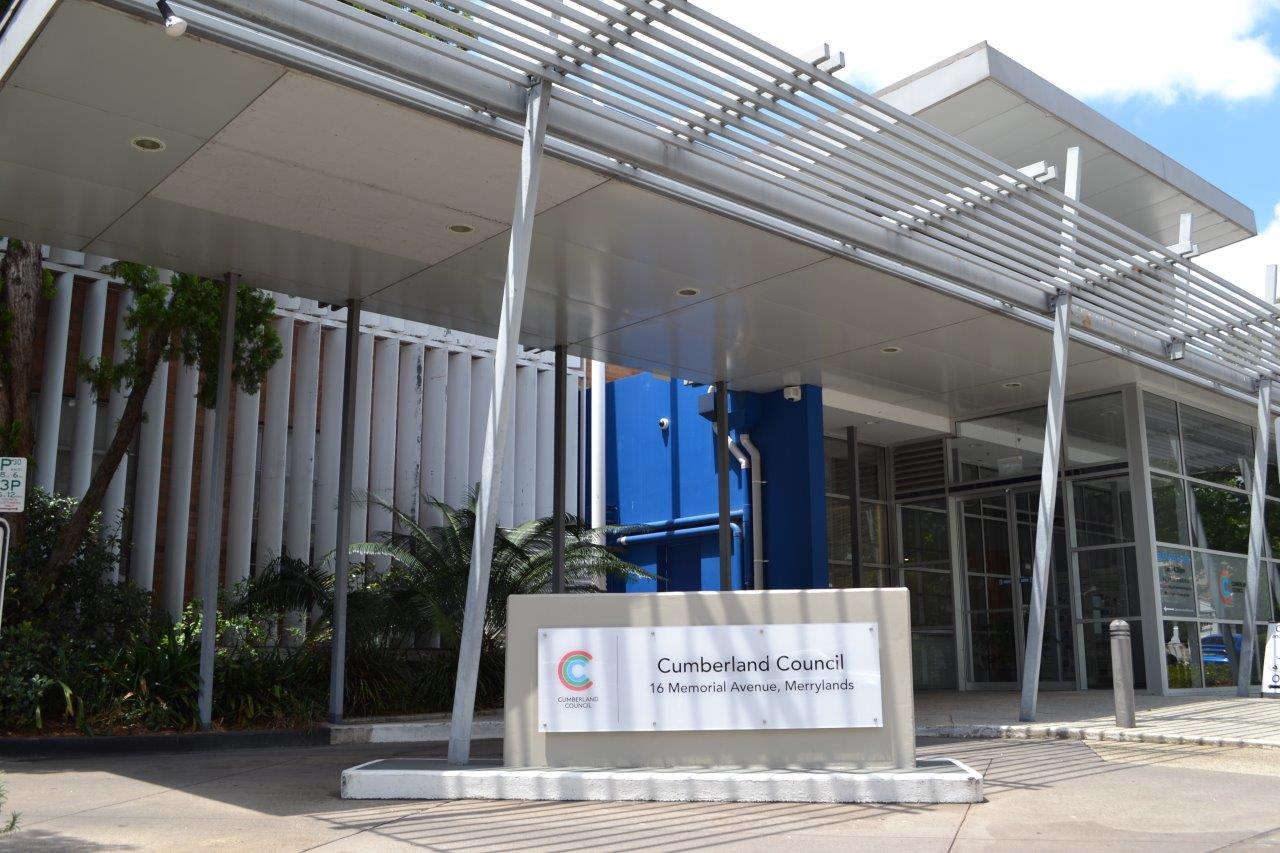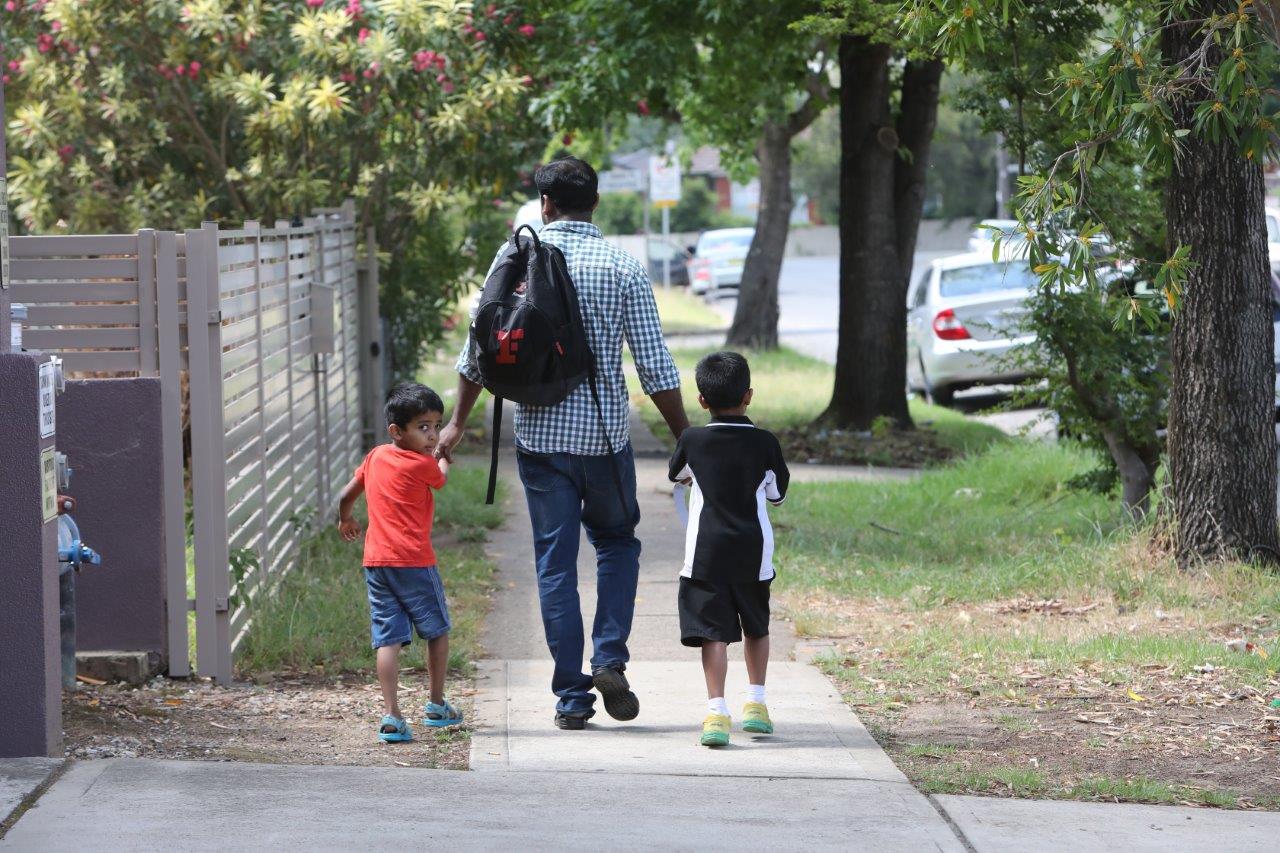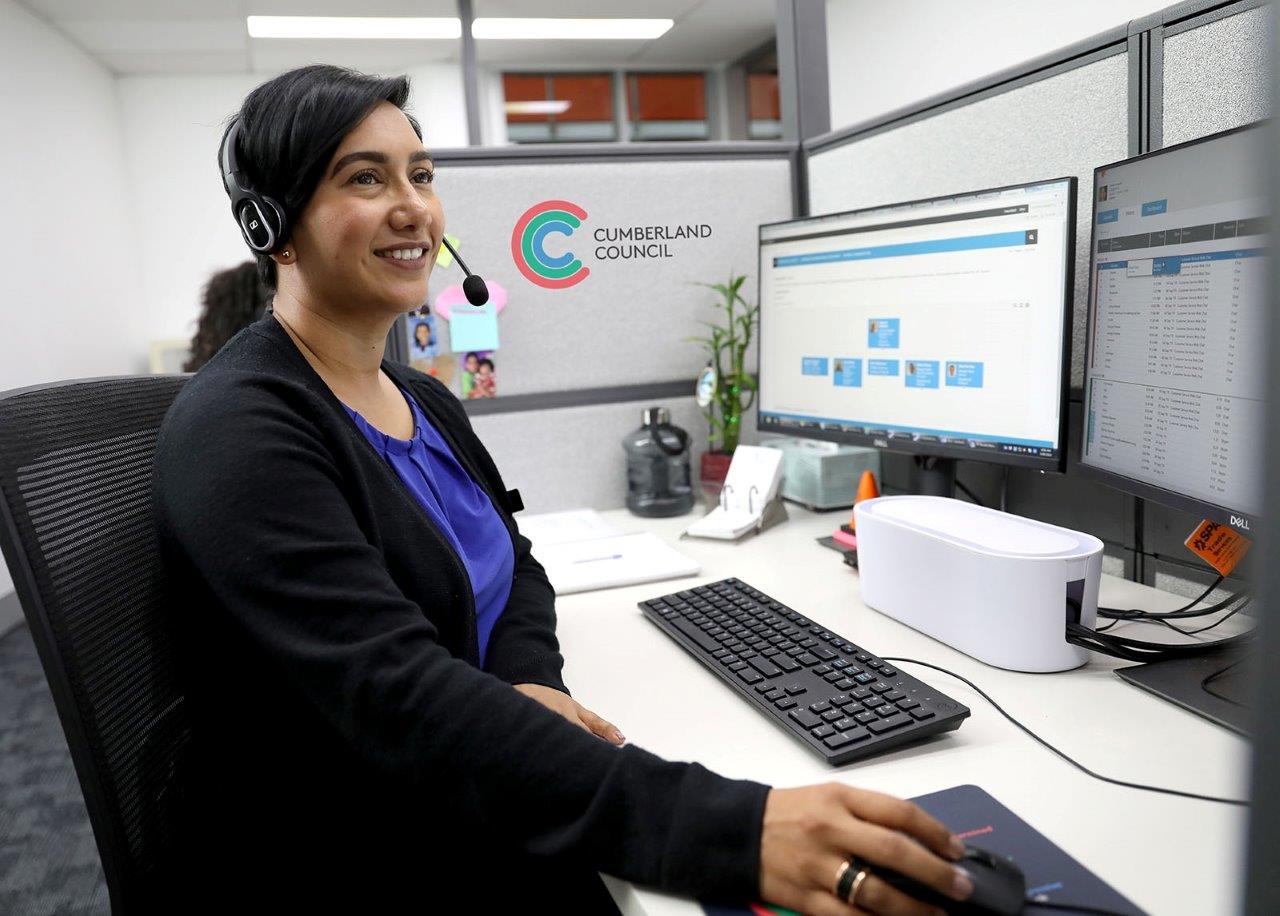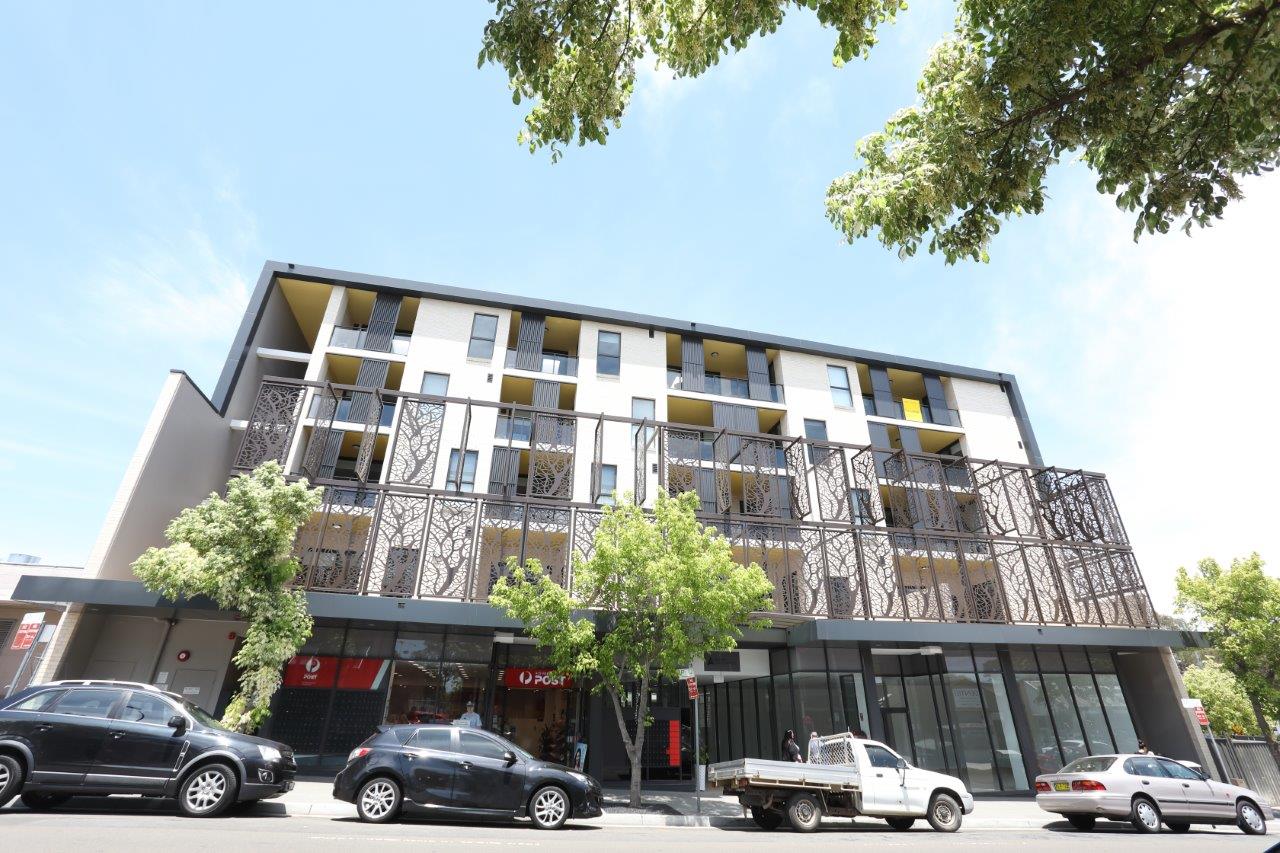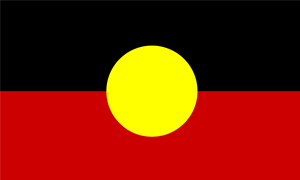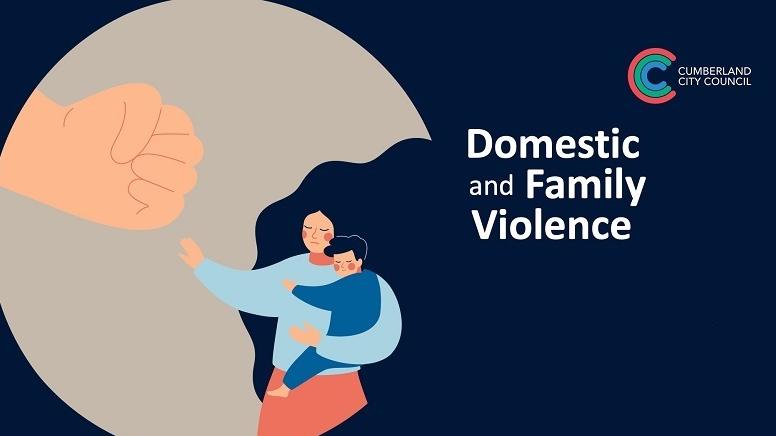
Get help now
If you are in immediate danger, call Triple 000.
For more information on where to get help please visit:
- 1800 RESPECT - 1800 737 732
- DAISY - An app that provides information about support services in your local area.
- Domestic Violence NSW - A list of organisations that assist with help and referrals.
Domestic and family violence is a crime
Any form of controlling or abusive behaviour used against another person in a household is considered to be domestic or family violence. It can include:
- Physical assault – including rough handling, hitting or causing pain
- Psychological and emotional abuse – including insulting or degrading comments
- Sexual assault – including rape or making the person do things they don’t want to do
- Threatening to harm others including, family members children or pets
- Financial abuse – keeping money and other resources from a partner
- Social abuse – not allowing someone to see family or friends
- Stalking – being followed or watched by an individual, both in person or on social media
- Harassment – including phone calls, text messages and social media comments
- Restrictions on practicing faith or applying intimidation on the basis of culture or religion
- Breaching an Apprehended Domestic Violence Order
If you are in an emergency situation, call 000 immediately
Remember, the person experiencing violence is never to blame for another person’s abusive actions and behaviours.
About domestic and family violence
What to look for
- The offender is known to the person. A relative, partner or ex-partner.
- The person experiencing violence often gets blamed for the offender’s actions
- The offender uses threatening and controlling behaviour and prevents the person from leaving.
- Even though the abusive behaviour happens at home, and the offender is known to you, the abuse is a crime
- It can be hard for the person experiencing violence to escape the abusive person, as they are frequently made fearful for their safety and have limited access to financial and social supports.
Typical behaviours
A pattern of behaviour can form, which allows the offender to control a family member or partner or ex partner.
- The abuse can happen once, a few times over a long period, or increase over time
- Offenders often prevent people experiencing violence from getting help from friends or social networks (as it limits their control)
- People can be afraid of ending the relationship, due to physical, financial and social risks
How children are affected
Children can be deeply affected by family and domestic violence – even when the abuse isn’t directed at them personally.
In households where abuse occurs, children are at risk of psychological and developmental harm. They can suffer the same sense of powerlessness, despair and emotional distress as the person experiencing violence, even if they never see the abuse.
Safety planning
For people experiencing abuse from family members, partners or ex-partners, it’s important to have a safety plan. This may require help from a friend or another family member. Here are some ideas:
- Contact a support service (see list below) for help with a detailed safety plan
- Contact a trusted friend or family member if feeling unsafe
- Think about things you can do and places you can go to when feeling unsafe
- Update the safety plan if circumstances change – such as moving or ending a relationship
- Talk to the support services listed below for professional, understanding advice what you may be able to do
Keep your safety plan hidden and only share it with the friend/s or family member you trust.
Download Daisy : a domestic violence help app
Daisy is a phone app that provides information about support services in the local area of people experiencing domestic and family violence. It also includes safety features to protect the privacy of people using the service.
This is a free app that was developed by 1800RESPECT – The National Sexual Assault, Domestic Family Violence Counselling Service.
Social media tiles
Council and the Western Sydney Community Legal Centre have partnered to create social media tiles available for organisations to share with their communities. They help to direct residents to support resources on Council's website as well as the basic identifiers of domestic or family violence.
Council Facebook tiles
Click here to access Facebook tiles to help direct residents to support and resources for Domestic and Family Violence.
What does domestic violence look like (multi-lingual Facebook tiles)
Click here to access Facebook tiles to help residents identify forms of Domestic or Family Violence. These are available in English, Arabic, Farsi, Simplified Chinese, and Hindi.
